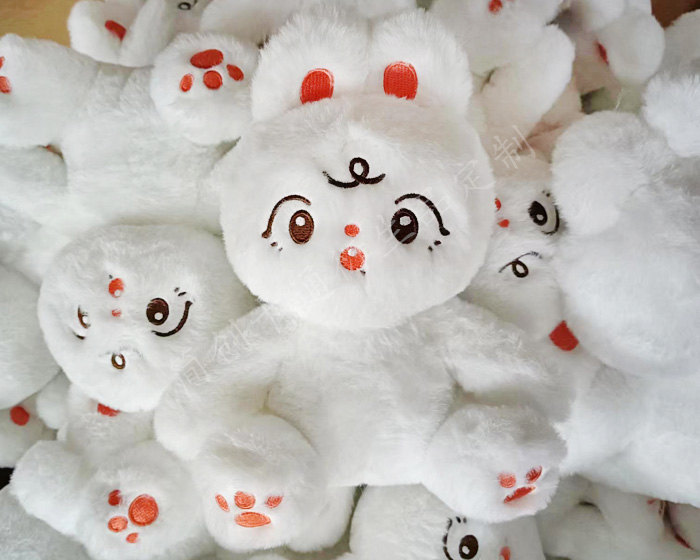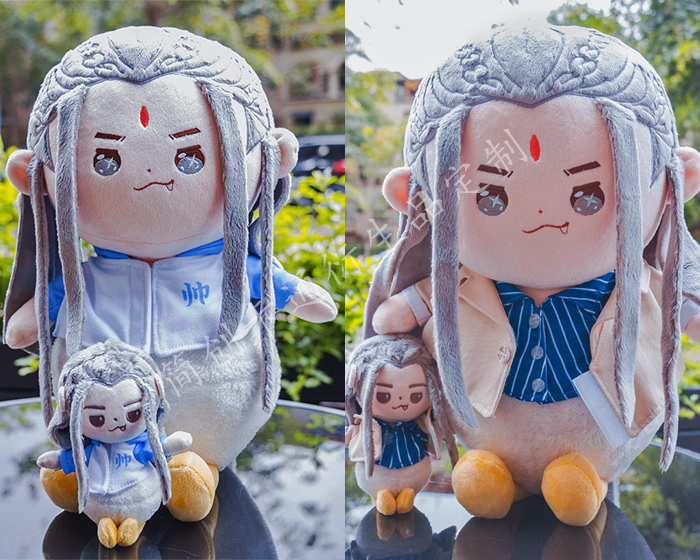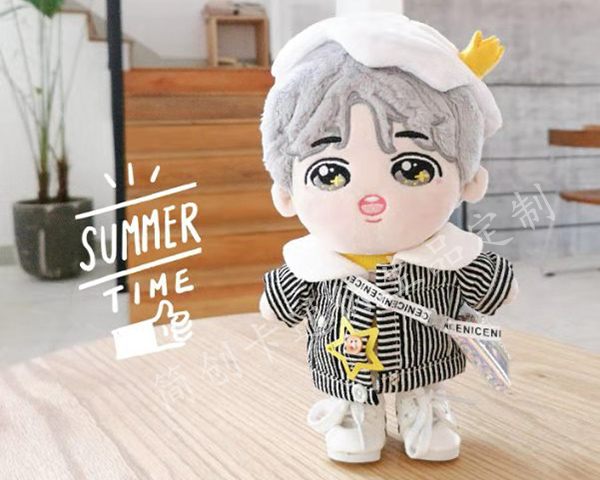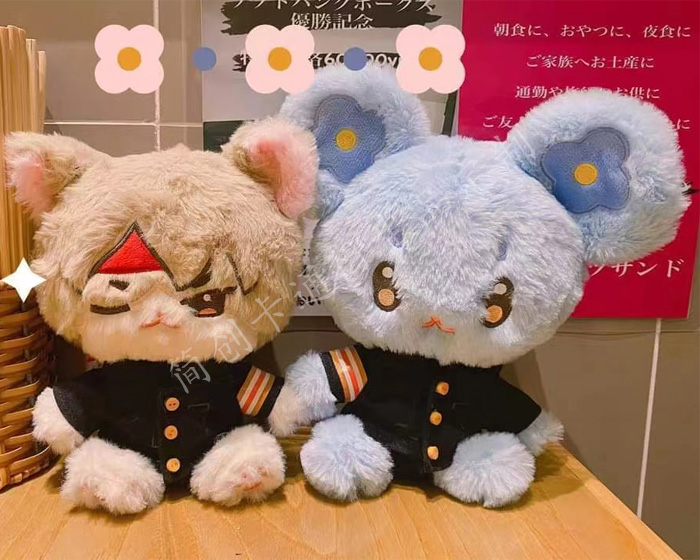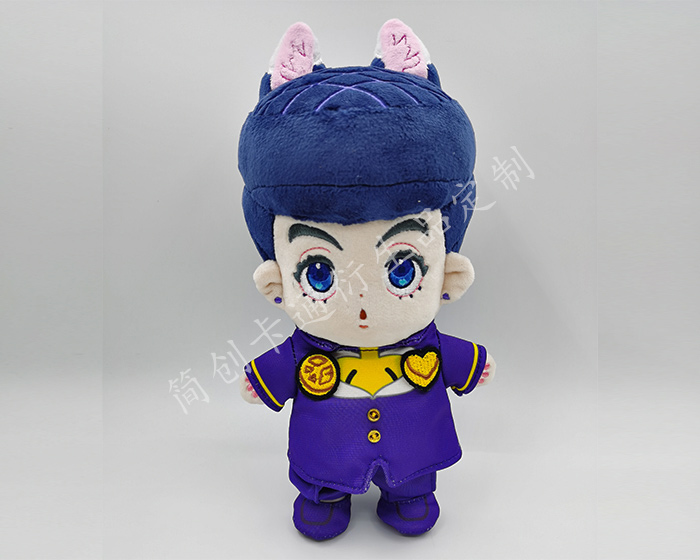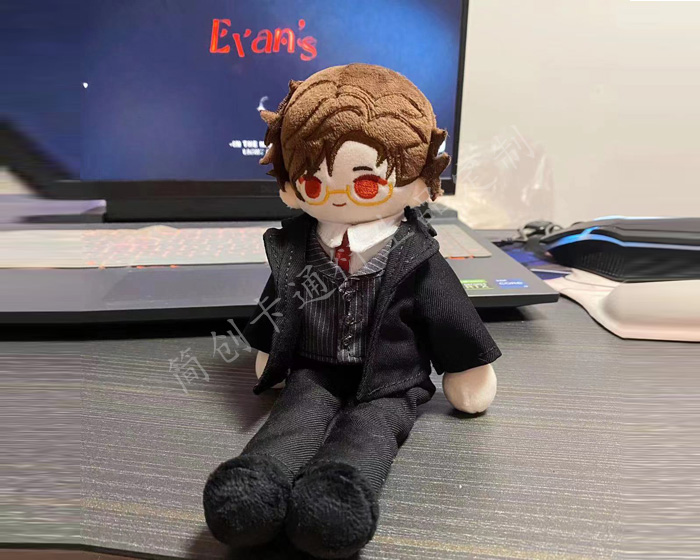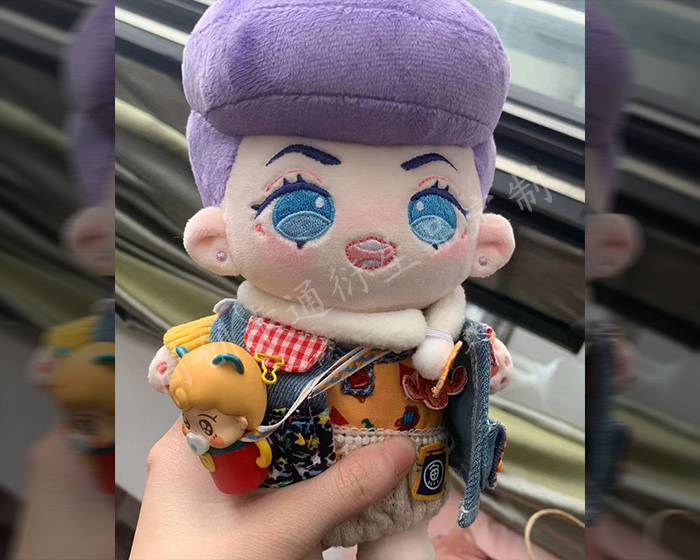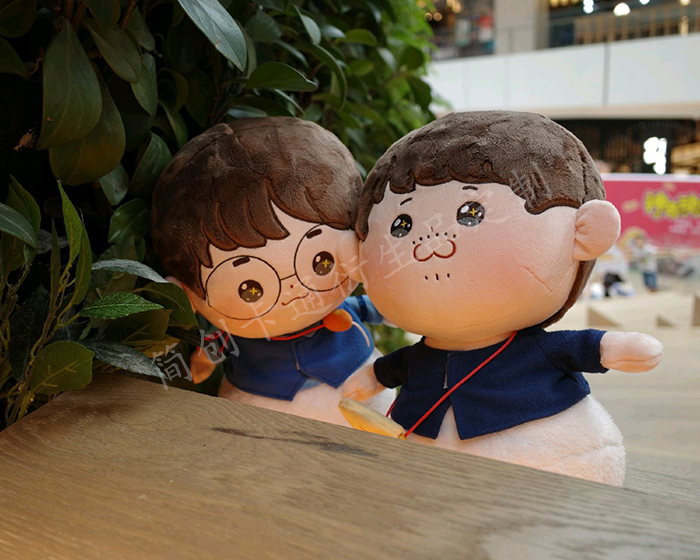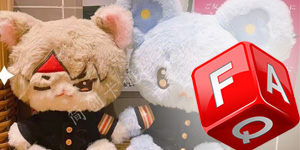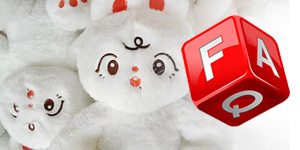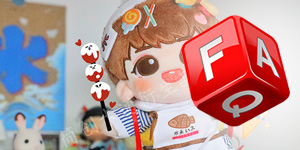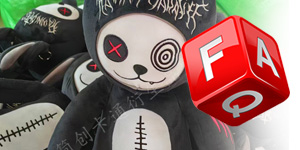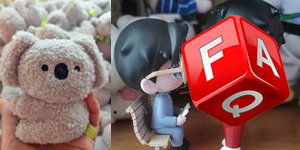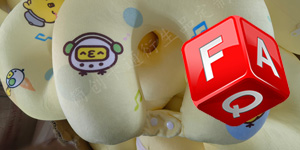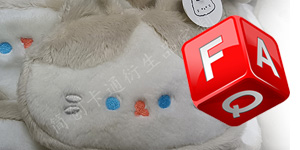Symbolism plays a significant role in cotton doll designs, as they often represent more than just toys. Here are some common symbols and their meanings found in cotton doll designs:
-
Cultural Identity: cotton dolls can symbolize cultural identity and heritage. They may feature traditional clothing, hairstyles, or accessories that represent specific ethnicities or regions. These dolls serve as symbols of cultural diversity, promoting inclusivity and celebrating different heritages.
-
Nostalgia and Childhood: cotton dolls often evoke a sense of nostalgia and symbolize childhood innocence. They can bring back memories of simpler times and serve as reminders of cherished moments from one's own youth. These dolls represent the enduring joy and wonder of childhood.
-
Protection and Comfort: Cotton dolls are often used as comfort objects and symbolize feelings of security and protection. Many children form attachments to their dolls, finding comfort in their presence. The dolls serve as symbols of reassurance, providing a sense of emotional support and companionship.
-
Imagination and Creativity: Cotton dolls symbolize the power of imagination and creativity. They inspire children to engage in imaginative play, create stories, and explore their own creative ideas. The dolls represent the limitless possibilities of the imagination and encourage children to think creatively and outside the box.
-
Love and Care: Cotton dolls symbolize love and care. They are often given as gifts or passed down through generations, carrying with them sentimental value and the affection of the giver. The dolls symbolize the love and care bestowed upon them by their owners, creating a sense of connection and emotional attachment.
-
Gender Roles and Empowerment: Cotton dolls can symbolize gender roles and empowerment. Traditional dolls often depict specific gender attributes, reflecting societal norms and expectations. However, contemporary cotton dolls challenge these stereotypes, promoting inclusivity and empowering children to embrace their individuality and break free from traditional gender roles.
-
Friendship and Companionship: Cotton dolls symbolize friendship and companionship. Children often view their dolls as friends or playmates, engaging in interactive and imaginative play scenarios with them. The dolls represent the value of friendship, fostering social skills, empathy, and the importance of building relationships.
-
Symbolic Embellishments: Embellishments on cotton dolls, such as embroidered motifs, can carry symbolic meanings. Flowers, hearts, stars, or animals may symbolize love, happiness, dreams, or certain virtues. These embellishments add depth and symbolism to the dolls' design, infusing them with personal significance.
-
Whimsy and Fantasy: Some cotton dolls symbolize whimsy and fantasy. They may represent fairy tale characters, mythical creatures, or whimsical beings, allowing children to explore magical worlds and ignite their imagination. These dolls symbolize the enchantment and wonder of childhood.
Symbols in cotton doll designs vary depending on cultural contexts, personal interpretations, and the intentions of the doll makers. They carry emotional, cultural, and imaginative significance, connecting children to broader meanings beyond the realm of play.
The following are some examples of plush toys that our factory customizes for customers. Check out if there is one that you like best.
-
Custom Stuffed Animals
-
Plush Toy
-
Plush Dolls
-
Custom Animal Plush
-
Cute Plush Doll
-
Custom Stuffed Dolls
-
Custom Plush Toy
-
Cotton Dolls
-
Weighted Plush Toys
-
Cute Stuffed Animals
-
Custom Pet Stuffed Animal
-
Warmies Stuffed Animals
-
Weighted Stuffed Animal
-
Soft Toys
-
Plush Stuffed Doll
-
Custom Stuffed Dolls
-
Plush Maker
-
Bear Stuffed Toy
-
Anime Plush
-
Custom Stuffed Animal
-
Anime Plush
-
Custom Plush Toy
-
Personalised Stuffed Animal
-
Plush Animal Toys
-
Custom Plush Makers
-
Custom Plushies
-
Toy Manufacturer
-
Rag Doll Making
-
Custom Toys
-
Dog Plush Toys
-
Custom Rag Doll
-
Stuffed Animals
-
Custom Plush
-
Custom Plush Dolls
-
20cm Cotton Doll
-
Jojo Plush
-
Custom Doll
-
Jojo Doll
-
Large Plush Toys
-
15cm Cotton Doll
-
Dumpling Plush
-
Cotton Doll







